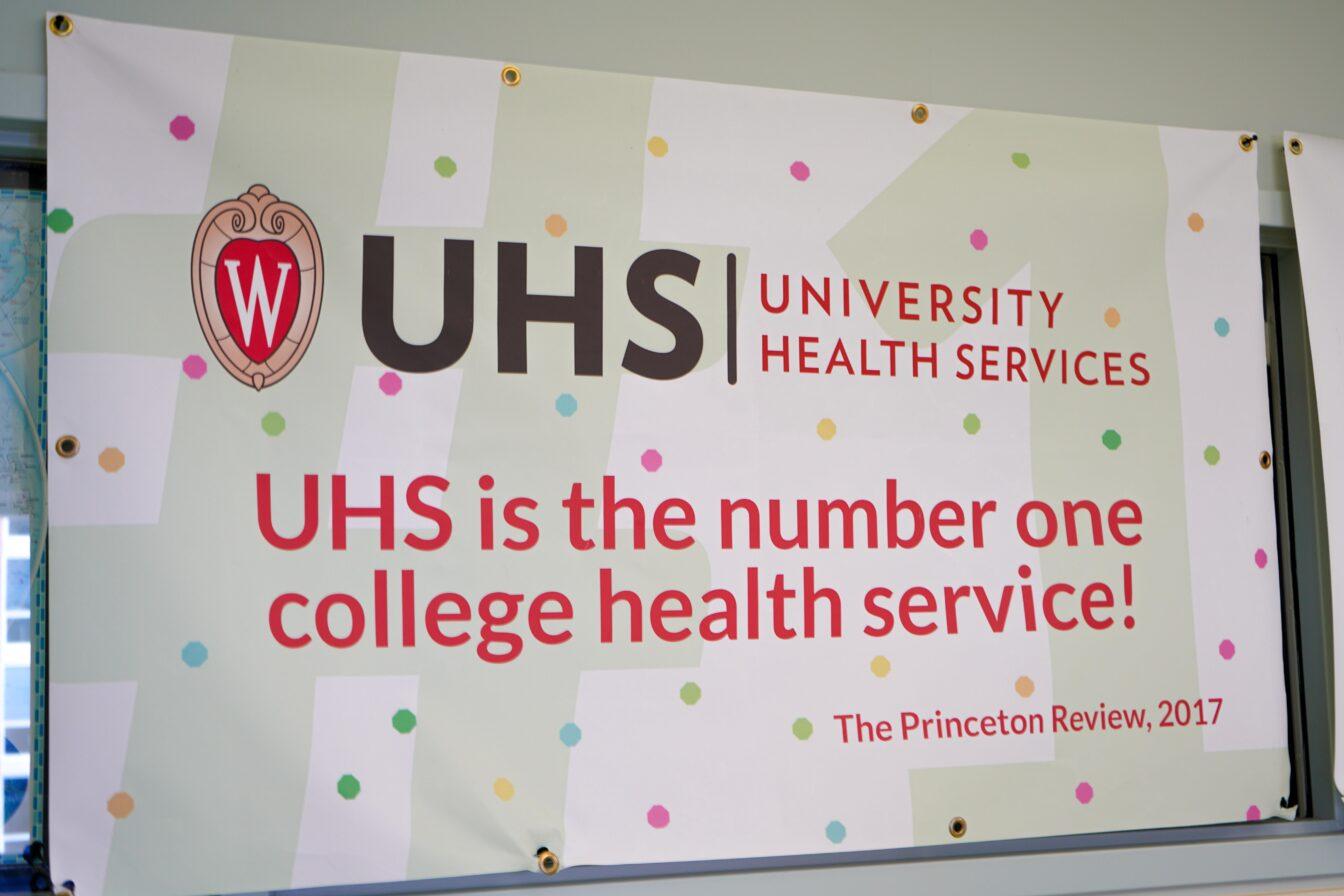Eating Disorders Awareness Week, which was created to raise awareness and offer support resources, started Monday, according to the Office of the Assistant Secretary for Health. This year’s theme is “Let’s Talk About It: Eating Disorders, Stigma, and Empowered Recovery.”
An estimated 9%, or 28.8 million, of Americans will suffer from an eating disorder at some point in their lives, according to the Harvard School of Public Health.
Eating disorders have the second highest mortality rate among mental illnesses — second only to opioid use disorder — according to the Harvard School of Public Health.
Despite January layoff surge, Wisconsin’s economic momentum continues
Despite this, eating disorders have not been destigmatized as some other mental health disorders, according to Lee Neagle, executive director of Inner Haven Wellness, a private eating disorder treatment center that operates in Madison, Neenah, and Watertown, Wisconsin.
Compared to some other disorders which have been studied for decades, eating disorders receive less attention and awareness, making diagnosis and treatment more challenging, Neagle said.
Though eating disorders lack public awareness, they are becoming more widespread. Between 2000 and 2018, the prevalence of eating disorders more than doubled worldwide, according to the Center for Women’s Health.
Unrealistic body ideals in advertisements and television, along with factors such as anxiety, depression and genetics, created conditions that allowed for an increase of eating disorders during the pandemic, according to Penn State Health News.
The increase of eating disorders during the pandemic created a demand for professional care that is still not being met, according to Senior Associate of Resources of NEDA Campus Warriors Shivani Dutt.
Rep. Stubbs proposes bill to create Wisconsin Office of Equity and Inclusion
“During the pandemic there was a large uptick in people needing to seek out support for their eating disorder, and to this day there’s a really big waitlist for professionals,” Dutt said.
At UW, the amount of students requesting eating-disorder-related care at UHS has risen since the pandemic, according to The Cap Times. In response, University Health Services initiated a pilot program this semester where students can meet virtually Mondays from 1–2 p.m. and develop coping skills and better understand their eating concerns, according to UHS Eating Disorder Coordinator Rianna Bailey.
Specialized programs, such as those at Inner Haven Wellness, can provide comprehensive treatment for individuals suffering from acute symptoms, like electrolyte imbalances, Neagle said.
According to both Neagle and Bailey, the imperceptibility of eating disorders makes it difficult to combat them. It can be impossible to recognize a person with an eating disorder based on their physical appearance alone, and individuals with eating disorders might actually receive positive feedback on their appearances, Neagle said.
“Eating disorders are tough,” Neagle said. “And they’re uniquely tough because they’re one of the few disorders that in some cases the person receives positive affirmation for the disorder. You can watch someone that goes on a ‘diet’ and guess what people are going to do? They’re going to celebrate that person … [Meanwhile], that person is in the throes of some pretty nasty sickness that you have no idea about.”
Bailey said diet and wellness culture — which is not the best source of guidance or information — has profound effects on how people and communities internalize health.
New law mandates UW System to admit top Wisconsin high school students
Though it can be difficult to identify and support individuals experiencing an eating disorder, National Eating Disorder Awareness Week offers an opportunity for everyone to exercise the kind of heightened kindness and understanding that can lead to a healthier community, according to NAMI UW President Katherine Zimmerman.
“Eating disorders and any mental health illness are invisible to people and nobody really knows who’s struggling,” Zimmerman said. “That just goes to show that you need to express compassion towards everyone and be communicative with others. You don’t necessarily know if somebody’s struggling, but if you give them a space where they feel comfortable or if you create a relationship with them, that allows them to be open, to be expressive and to get help and support when they need it.”
Resources regarding eating disorders:
- National Eating Disorders Association
- Toll-free National Eating Disorders Helpline
- 24/7 Crisis Support via text (send NEDA to 741-741)















